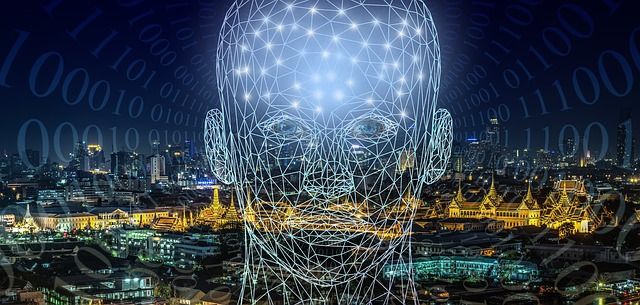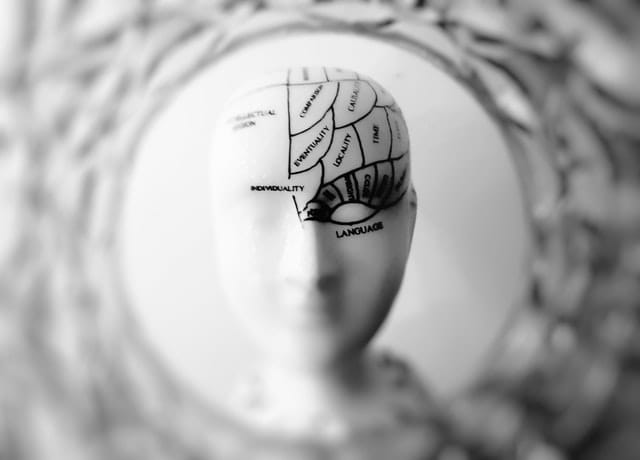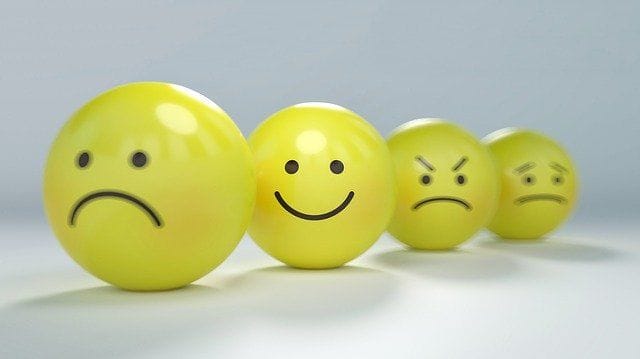Will AI Eventually Outperform Humans in Intelligence?
Human Intelligence is the intellectual ability of humans to think, analyze and solve issues, and learn from past experiences that aid in future situations. Artificial intelligence (AI) is the simulation of human intellect in a machine that is trained to accomplish tasks in the same way as humans do.
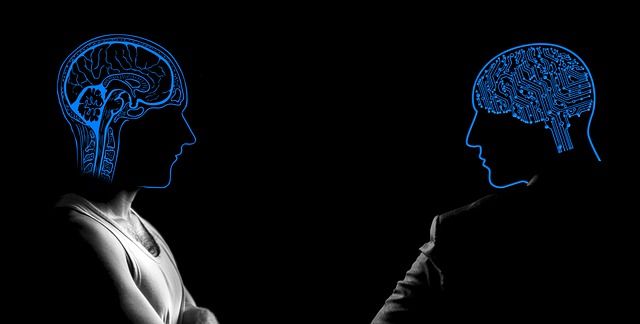
The idea of creating intelligence that could mimic human intelligence was coined in the 1950s after World War II when a surprising fact was revealed about electronic computers i.e., they are not just number-crunching machines, but a symbol-manipulating tool as well. Today AI is among the most powerful creation of humans and is reforming our lives with its magical spells.
If we look around, we find chatbots answering our queries without human interference, autonomous vehicles taking us to our destinations and our ordered products to our doors, Robots performing surgeries, and many more miracles being realized on daily basis. One thing is common in all such convenient applications: these could not exist without “Artificial Intelligence.” But the question arises; will these advancements result in AI that would be smarter than humans? We would try to find the answer to this most controversial question in this article. First of all, let’s have a look at the relation between Intelligence and Smartness.


Are Intelligence and Smartness Correlated?
Intelligence is defined as the ability of someone to learn information, whereas Smartness refers to the ability to apply that learned information. According to Edwin Harrell, the criteria of smartness depend on “Intelligence” that allows us to get smarter. For many people, intelligence and smartness are the same.
Human Intelligence vs Artificial Intelligence
Human Intelligence is the intellectual ability of humans that enables them to think, understand, apply logic, solve problems with brilliant ideas, make decisions, and learn from one situation to apply the experience in another situation. The exceptionalism of human intelligence besides other attributes mainly lies in Consciousness which allows them to perform cognitive tasks.
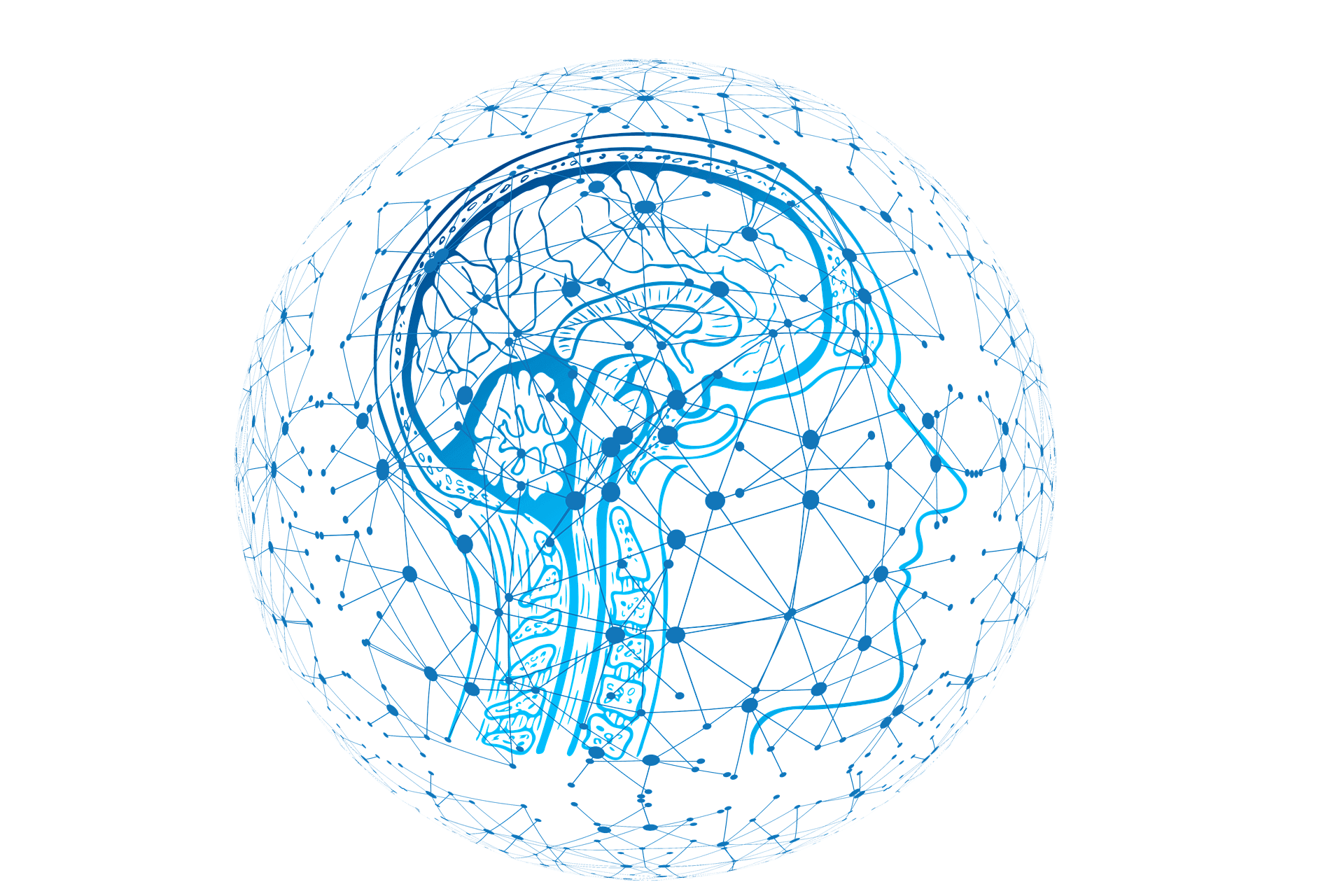

Artificial Intelligence, on the other hand, is a replication of human intelligence in machines programmed to think and perform tasks like a human. The term is also applicable to a machine exhibiting a few human traits like problem-solving and learning etc.
The Ultimate Goal of AI Researchers
The ultimate goal of AI researchers by far is to achieve or even surpass human intelligence; that is to achieve “strong Artificial Intelligence”. AI, we see today is still at its baby steps and is predominantly considered “Weak AI” assisting us to accomplish our mundane tasks faster, and doing some predefined tasks for us with human intervention. It lacks the main attribute of human intelligence i.e., “consciousness” or “self-awareness.” It is different from strong AI which is a vast concept encompassing synthetic consciousness.
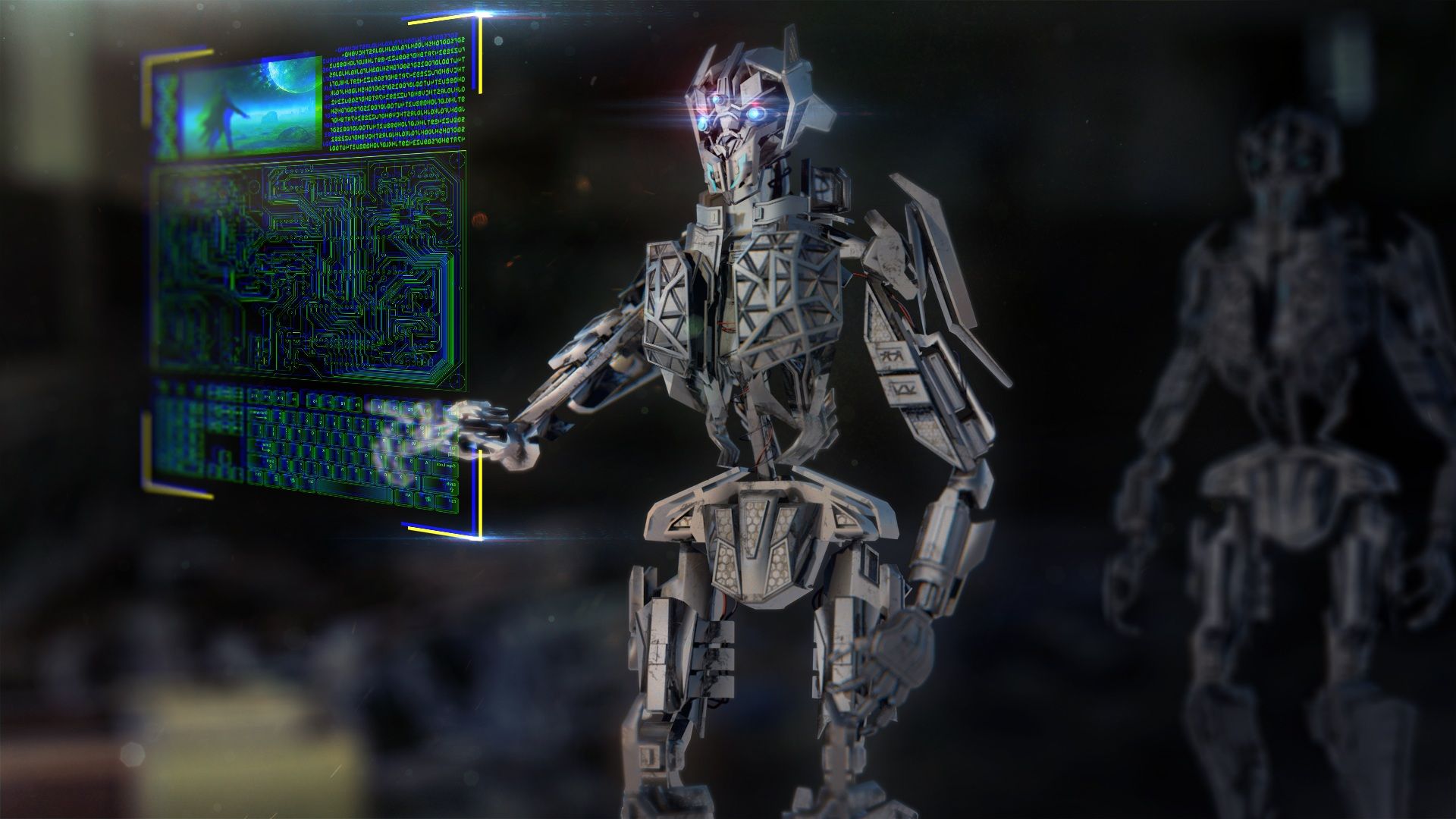

Who would be smarter – AI or Humans?
There are different schools of thought regarding this debate. Some researchers believe that with AI advancements, a human would be able to design AI with human-like intelligence. Many tech giants like IBM and Google are creating machines with ANNs (Artificial Neural Networks). These machines can function like the human brain. Some renowned researchers and AI specialists believe that AI will become smarter than humans leading to “Technological Singularity.” The singularity is perceived as a point when a machine developed would be so intelligent that it would be more intelligently restructuring itself. At that point, machine intelligence would exceed human intelligence in magnitude. Once we reached that point, humans would no longer remain the smartest species in the world. Few researchers have apprehension that technological singularity is going to reach so quickly that we would not be even able to control it, and this superintelligence would lead to the end of human generations. Elon Musk, CEO at Tesla, claims that by 2025, AI would become smarter than humans and even overtake us. He considers AI as the biggest threat to humanity. A futurist named Ian Pearson while speaking on CNBC during a World Govt. Summit held in 2017 in Dubai mirrored the ideas of Elon Musk. He claimed that AI could become "billion times smarter" than humans, and humans would have to merge with computers for their survival. Hence according to Elon Musk, we would see biological intelligence merging with digital intelligence. Elon has even founded Neuralink to support this merge. AI futurists believe that technological singularity is inevitable and that can be achieved only if AI becomes smarter than humans.
Contrary, several other thought provokers believe that AI could never be that smart to surpass human intelligence. A renowned philosopher Hubert Dreyfus was among the leading critics. He argued that machines that lack a living body, childhood, and cultural practices could never replace human intelligence. Just like several philosophers and thought provokers, I put myself among the list of those critics who disagree that AI would become smarter than humans.
AI would never be smarter than Humans
Human beings are grown into intelligent beings and are the most dominant species on the earth. The intelligence that we are manufacturing artificially is not that intelligence we have intrinsically as a human trait. It is just a simulation of human intelligence.
Let’s have a look at Robotics to support this ideology. In a locomotion test, a replicated robot was programmed to evolve and walk quickly in the forward direction. But rather than evolving legs and start walking, it simply began to evolve by assembling its body to shape itself into a tall tower, and then fell in the forward direction. Well, no doubt the robot covered the distance in the forward direction, but how an intelligent being can relate walking to growing tall and falling forward? AI just perceived its task in a very literal way.
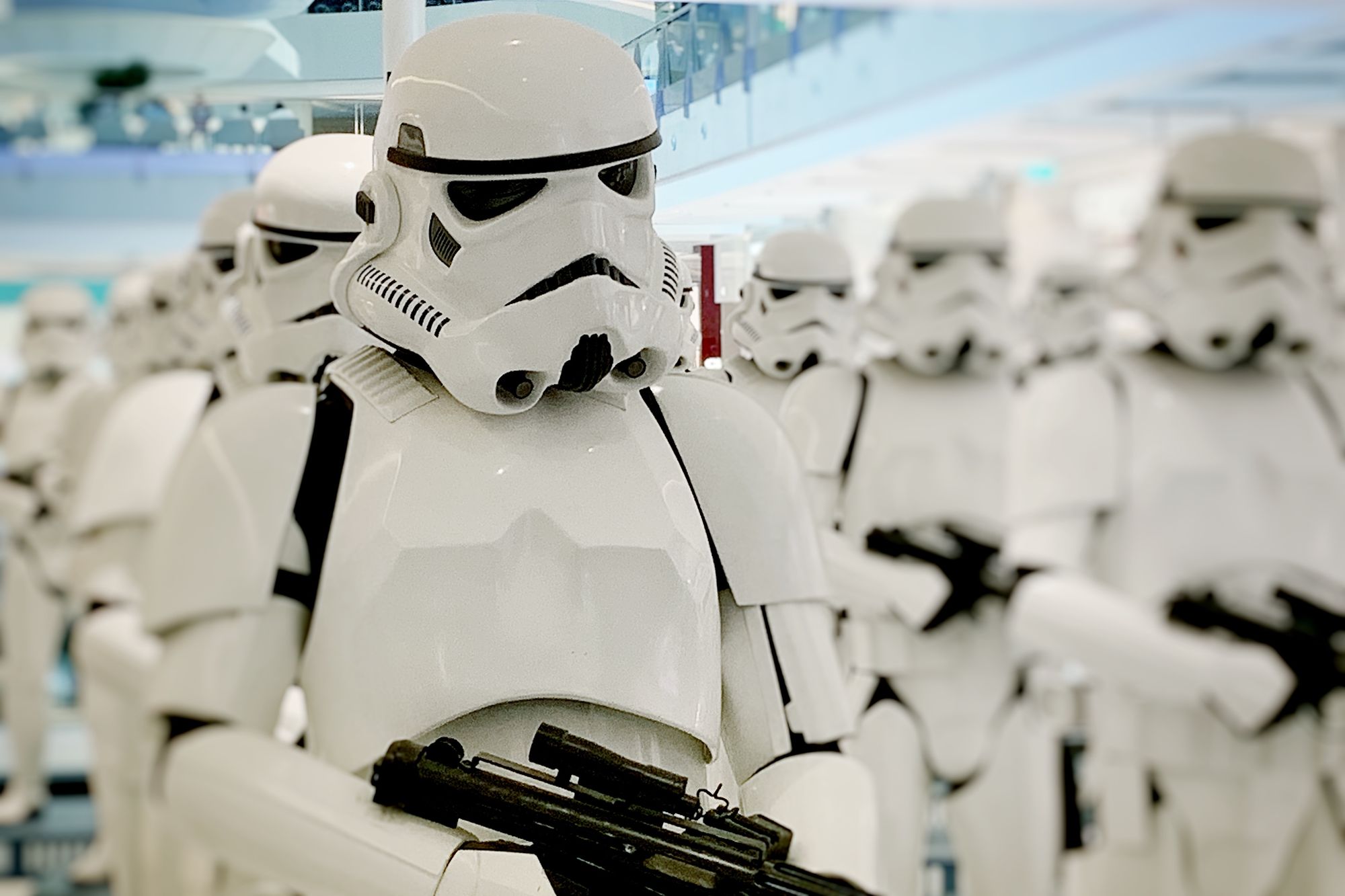

Let’s discuss some realities that force us to accept that AI would never become smarter than humans.
A) AI lacks Consciousness
AI machines can just perceive their surroundings but they are not aware of it. They are equipped with memory just like human beings and can predict based on input. These capabilities, no doubt, are an essential aspect of consciousness but AI machines can implement it in an extremely narrow way. AI is inflexible and can’t anticipate beyond its predefined, limited programming. Although a machine can think about a problem for which it has been programmed, it can't distinguish itself from its activities. It can perform a task for which it has been ordered but it does not understand why it is doing this. It operates just aimlessly and unconsciously. Even if AI has some purpose, it must be infused by humans to achieve their own desired goals. Even one of the greatest AI approaches of ANNs (artificial neural networks) can’t differentiate “Black” as a color or “Black” as a name. This sort of AI called “Weak AI” is a program that makes responses to predefined or specific stimuli. Even the well-known DeepMind AlphaGo is also weak AI as it has been programmed to do so. Programming a machine to perform tasks like humans can’t help in achieving consciousness that is the unique attribute of human intelligence.
B) AI can think, but not as creatively or as rationally as humans
AI machines are referred to as “thinking machines”, even though they don’t think like humans. In 1967, J.P. Guilford divided “Thinking” into two sets: Convergent & Divergent Thinking.
Convergent thinking as defined by Guilford is the aptitude to correctly answer questions based on memory and logic. Whereas, divergent thinking is related to generate several possible answers to a single question, which represents the ability of someone to think "out of the box."
AI-based machines most of the time outperform humans in the tasks involving convergent thinking. They can beat us at complex calculations and rule-based games like Go, Chess, etc., but they can't beat us in tasks that involve divergent thinking that is the core of creativity.

C) AI has “Catastrophic Forgetting”
AI systems get duped by situations they have not gone through before. An autonomous car gets baffled by the scenario that can be easily handled by a human driver. An AI system that has been strenuously trained to accomplish one task (say, recognizing cats), needs to be trained from starting to accomplish another task (say, recognizing dogs). During this process, there is a great possibility that it could lose some of the knowledge it possessed in the original task. This drawback of an AI system is what computer scientists call "catastrophic forgetting". Humans on the other hand can learn something very easily and can apply knowledge or expertise gained from one situation in another. Hence humans can be considered smarter than AI.
D) Learning takes far longer for AI robots than it does for humans
The humans learning speed is much faster than an AI algorithm. For instance, it took thousands of years for AI bots to learn and defeat humans in a game called Dota 2, which humans could learn in just 10,000 hours. Then, how AI can be called smarter than humans?
E) AI can’t improve on its own
We have been hearing the predictions about AI being smarter than humans by self-improving without any human intervention. However, by far, we have not developed even a single machine having the ability to self-improve. For machines to get smarter than humans, they must be able to restructure and improve themselves. If humans are smart enough to develop a machine smarter than them, then this machine must also be able to develop an even smarter machine. But it seems quite impossible or a far-fetched dream as machines might not improve by themselves, and would always need humans to develop them.
F) AI is just faster, not smarter
No doubt a computer can perform calculations and think faster, longer, and harder, and is e getting even faster with time, but the processing speed alone is not the criteria of being smarter. They can do multiple tasks at the same time with more accuracy and promptly but it does not mark them smarter. Speed to accomplish a task must not be related to intelligence and cannot be equated with smartness.
Just imagine the faster-dog argument. Suppose you have increased the processing speed of a dog’s brain, but would this faster speed enable him to talk to you or play chess or compose a song for you? Hell No. It will remain a dog dreaming to chase sticks or bones. It might think such thoughts with faster speed but the thoughts would not be much deeper. In the same way, AI-enabled machines can do a task much faster than humans but this speed alone will not make them smarter.
Intelligence is a mixture of multiple things. We take several years to learn our surroundings and train our intuitions. This experience enables us to refine our abstract ability and also improves our common sense and enables us to adapt to any circumstances. Hence, our intelligence is a lot more than just thinking faster.
G) Human intelligence entails tacit causal knowledge
Causal knowledge is a significant part of human intelligence. A machine can never manage causality as it is unable to intrude in the world. Moreover, one of the main arguments of Dreyfus that emphasized that AI can never be smarter than humans was that human knowledge is somewhat unspoken, hence can’t be verbalized and incorporated in machine programming. Today, the creation of the latest AI approaches "Deep Learning (DL)" and "Big Data" have made Dreyfus argument obsolete. Neural networks don't need any programming and can manage tacit knowledge, but the data used to develop these neural networks is selected by Humans. Hence, having a deeper look, we realize that although the developments of Weak AI have been striking, we are not much closer to Strong AI. A machine can never even achieve human-like intelligence unless it grows up and gains causal knowledge by intervening in the world to get experiences just like humans.
H) Intelligence is immeasurable
Last but not least “Intelligence is immeasurable.” To become smarter than humans, machines must be able to surpass human intelligence. This seems quite impossible as human intelligence is by far not measurable on a single, linear scale and is a spectrum of multiple intelligences. For instance, in a room crowded with people, some will be smarter than others. In another room there might be any other person smartest of the rest present in that room, he might be even smarter than that smartest person present in the other room. So what scale of human intelligence, machines are supposed to surpass? Would it be the smartest person in one room or the other room? Or would it be the smartest person of the world, or the present era, or of the future? Here, the notion of surpassing human intelligence seems shaky.
With AI, humans will become smarter than ever
AI extends our brain and promotes develop human intelligence. In the future, rather than getting smarter than humans, AI will be working even more aggressively to enable humans to get smarter than ever. It is predicted that by 2065, AI will even transfigure our genome modifications. Scientists would be editing human DNA just like an editor make corrections in a poor manuscript. By these genome alterations, the weak genes of the human body would be replaced with strong and desired genes. Hence, AI advancements will enable humans to free themselves from their biology and make them even smarter with desired intelligent genes. Hence, it might not be wrong to say that AI is our brain assisting and promoting device, making us even smarter than ever.
Concluding Words
The AI advancements are considered dangerous by some thought provokers. A renowned physicist “Stephan Hawking” presented his thoughts in “The Washington Post” stating “Artificial Intelligence could spell the end of the human race”. According to Gary Marcus, an expert in cognitive development believes that robot revolution is definite to arise, and sooner or later, humans will be totally in control of AI as AI would be able to surpass human intelligence. By far all these pessimistic and scary beliefs of thought provokers are just imaginary, isn't the reality quite optimistic? The year 2021 has crossed its half, and still, these are humans who are creating and controlling robots. AI is by far not smarter than us as it is still dependent on humans. Contrary, by doing tedious jobs for us, AI is helping us to improve or focus on our creative skills, hence making humans even smarter than ever. Yes for sure, machines may out-think us and can answer complicated problems that humans can’t. AI-based on its ability to deal with huge datasets can identify complex patterns hidden in data and can deliver superior outcomes than humans. However, AI cannot perform divergent thinking on its own. It just follows the instructions provided by humans. It can even make decisions on its own. Yet it does not know what the task is about, and the purpose of that task, not even it is interested to know anything about the task. No doubt, it is faster in computing speed performing calculations at the speed of light, better at keeping huge datasets, and playing a game like chess. However, its fast speed and efficiency can never be compared with intelligence, as it is still confined to an encoded set of rules or the data from which it can learn a specific task but its learning is limited to just what is exposed to it, whereas humans are versatile intelligent-beings. AI is just super-productive and extremely efficient but does not have an independent existence. No doubt, a highly skilled worker can be replaced with a highly efficient AI-based machine, but automation can never be equivalent to Intelligence. It can mimic the human voice, create music, and many more but still, it depends on humans for getting datasets and is just following an algorithm. AI is neither an animate individual nor having life, body, or movement. It does not have any independent needs or social interference in the world that adds up to intelligence.
No doubt, AI we see around is “Weak AI” having a single predefined goal while there are spectacular breakthroughs to support the argument of achieving “Strong AI” when AI would become smarter than humans. However, the fact is very little of this thought has been accomplished to realize strong AI. AlphaGo's victory over humans does not mean that robots are smarter than humans. Its victory is the victory of Go experts. Therefore we can't conclude that AI is smarter than humans or can dominate humans.
With all its magical advancements, AI technology is undeniably cool but not as smart as humans. I believe that the ultimate goal of AI becoming smarter than humans can never be realized, as for AI to surpass human intelligence, it must transfer its learning experience from one situation to any other, apply common sense when needed and achieve consciousness. Above all, humans will always have an edge as they have God-gifted innate senses that the machines lack. And last but not least, humans are more creative and smarter as after all they have created machines.
